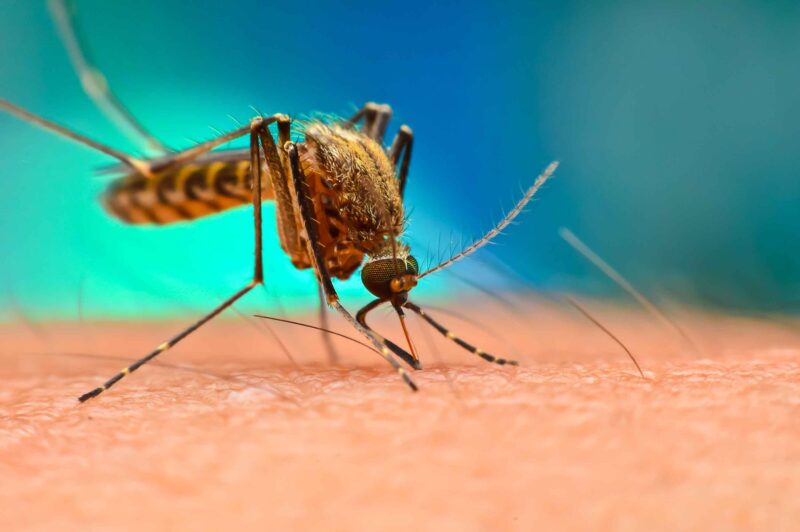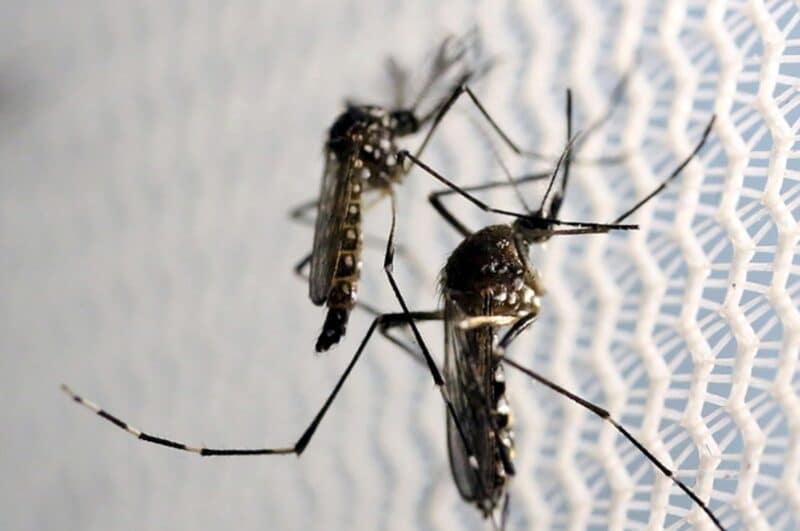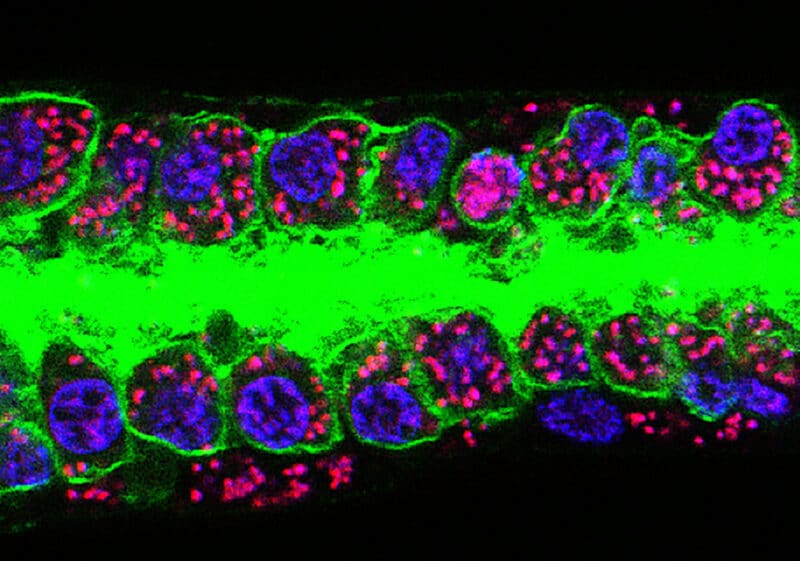Good mosquitoes can continue biting but will not spread diseases. Scientists in India are breeding these good mosquitoes that do not transmit fatal viruses. The efforts could possibly stop the spread of Dengue in many areas of the world.

What Dengue Is
Scientists want Wolbachia mosquitoes because they do not have dengue. Hotspots for this disease are South America and Asia. Every year, up to 400 million individuals contract this disease from Aedes aegypti mosquitoes. This species caries four serotypes of dengue. Symptoms include:
- Rashes
- Aches and pains
- Nausea
- Internal bleeding
- Vomiting
Dengue can worsen in hours. This disease can even result in death. The vaccine is still tentative, although it has been approved by the FDA already. That is why it is always best to use mosquito-based control. This is where the Wolbachia bacteria can help.

What Good Mosquitoes Are
The healthy mosquitoes carry Wolbachia bacteria with them. This species of bacteria blocks a mosquito’s ability to spread yellow fever, dengue, and Zika. They are common bacteria thriving in many insects that include butterflies, fruit flies, and moths. It is not present in Aedes aegypti mosquitoes.
Scientists discovered that Wolbachia bacteria consume the same resources as infective viruses, such as dengue. This gives viruses a difficult time reproducing. That is why mosquitoes are less likely to spread the virus from one person to another. Scientists are now breeding healthy mosquitoes that carry these bacteria.
More About Wolbachia
The good mosquitoes will be released to mingle with the wild mosquitoes. This will then prevent dengue from spreading. Studies show that once Wolbachia enters the mosquito’s body, dengue cannot spread any more. After the mosquito larvae hatch, they were all fed with blood with dengue. None of them ended up carrying the virus.
Wolbachia does not spread environmentally. It merely passes on from mother to children through the eggs. Once an infected male mosquito mates with an uninfected female mosquito, the eggs will die. If female mosquitoes with Wolbachia mate with infected males, the eggs hatch naturally. The larvae will have Wolbachia. Therefore, the next generation will have Wolbachia as well.

These bacteria can block dengue because it strengthens the mosquito’s immune system. They protect the mosquito from viruses, such as dengue. Wolbachia competes with dengue. It then makes it more challenging for the virus to increase in number.
Infecting the Wild Mosquitoes With Good Mosquitoes
Dengue still has no vaccine or treatment. That is why preventing the spread of the virus still depends mostly on killing infected mosquitoes and clearing breeding sites. In one release, the mosquitoes resulted in Wolbachia-infected offspring for three months. Scientists are still waiting for approval to release these mosquitoes into Brazil, Indonesia, Vietnam, and Thailand. They want to see if the release will reduce the dengue transmission rates in the human population.
Releasing these mosquitoes will be an alternative way to control dengue. It will cost less. It will be sustainable and good for big urban areas. Scientists are hoping to control dengue with Wolbachia mosquitoes for 20 or even 30 years.

Having good mosquitoes help with the fight against mosquito-borne viruses is a safer and more sustainable way to eliminate this disease. Once Wolbachia enters most mosquito populations in the wild, the battle will finally be in favor of humans. It may take years. But as long as the results hold, the world will be healthier for its future inhabitants.